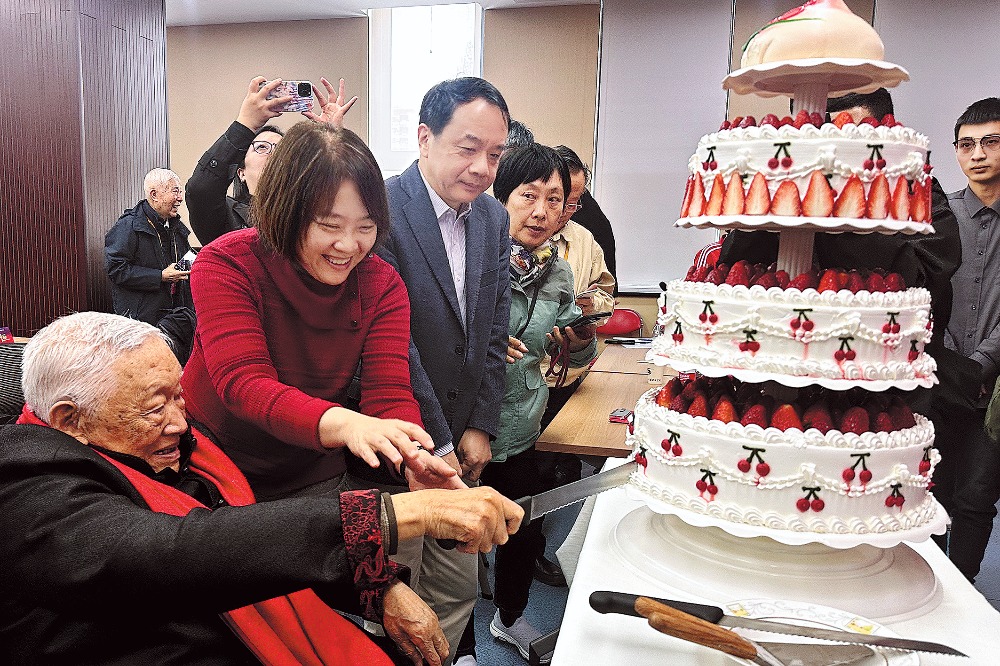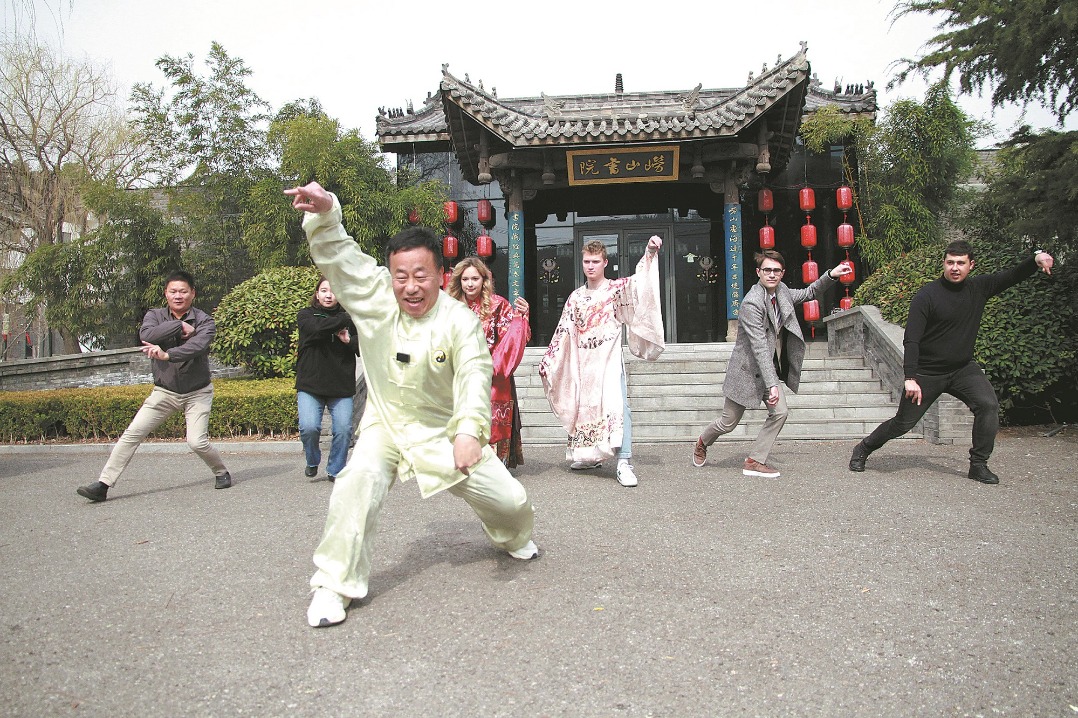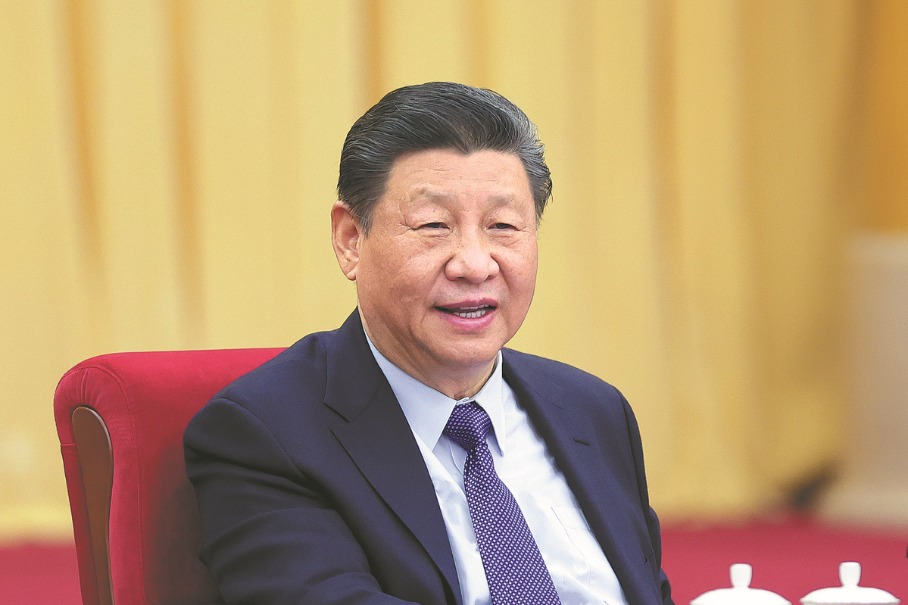Healing mugwort fixes poverty as well as aches


In less than six months, a 20-hectare tract in the village of Tuchenggang was transformed from barren wasteland into a leafy green pasture planted with mugwort-an aromatic herb believed to promote healing when burned.
Tuchenggang is one of 36 villages throughout Qichun county in Hubei province that now rely on cultivating mugwort as a major source of rural vitalization and industrial development.
According to local officials, Qichun is home to about 14,700 hectares of mugwort plants and a booming related industry, ranging from making dried mugwort sticks to training moxibustion therapists.
Moxibustion is a traditional Chinese therapy that involves burning mugwort leaves near the surface of the skin to promote healing.
There is a long history of mugwort cultivation in Qichun, but it was largely restricted to personal use and lacked systematic planning and professional guidance.
Since 2012, the county has been pooling resources to regulate and encourage mugwort planting, such as offering subsidies, promoting standardized planting techniques and setting minimum purchasing prices.
In Tuchenggang, about one-third of its 200 hectares of arable land is now planted with mugwort, said Jiang Wenge, deputy head of Tuchenggang village committee.
Because mugwort plants are highly vulnerable to flooding, Jiang said county officials began promoting a new type of breeding and early harvesting last year, which have improved the yield from 2.25 metric tons per hectare to 3 tons.
"The net income per mu (0.067 hectare) last year was about 2,400 yuan ($360), and 80 local households had seen their income increase thanks to mugwort planting," he said.
The high quality and steady yields of mugwort from Qichun have also attracted investment.
In 2020, a businessman from outside the county invested 50 million yuan to build a factory in the village making moxibustion sticks. Eighteen local villagers were hired.
Gan Baolin, a 40-year-old logistics worker at another mugwort processing group, returned from Guangdong province to Qichun in March last year.
"I earn about 6,000 yuan monthly, which I'm satisfied with," he said. "The key benefit of the job is that I no longer need to work far away from home and can take care of my family conveniently."
Public data show that there are more than 560 enterprises processing mugwort in Qichun with over 50,000 workers.
As moxibustion gains popularity nationwide, an increasing number of people have chosen to receive training locally and seek job positions elsewhere.
Xu Wenli, 26, began learning moxibustion at a training center in Qichun in February. "After completing all the courses, the school recommended me for a job position in Beijing," Xu said, adding that her monthly income exceeds 10,000 yuan.
Fu Xiaohua, an official at the county's human resources and social security department, said the county has so far provided free training in moxibustion for 60,000 local residents. They are now hired across 15,000 moxibustion establishments nationwide.
- A horse-faced fashion
- Global warming causes change in northern margin of Qinghai-Tibet Plateau
- Scientists propose new bird family tree, revises bird evolutionary history
- China launches new remote-sensing satellite on Long March 2D rocket
- Beloved giant panda Fu Bao leaves S. Korea for China
- Reveal the truth of AI scam





































